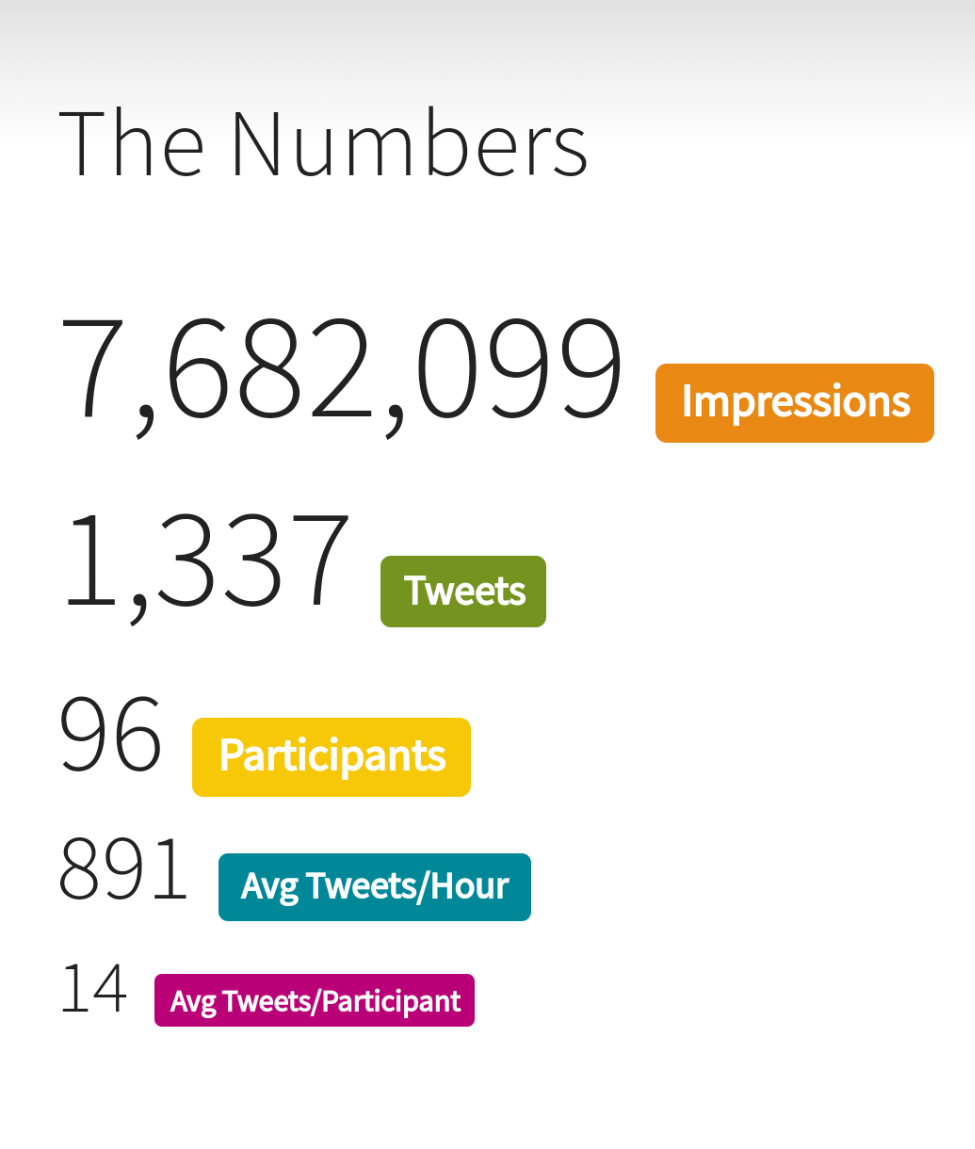Session Information
Session Type: Poster Session (Sunday)
Session Time: 11:30AM-1:30PM
Background/Purpose: Due to the heterogeneous nature of disease presentation, when diagnosed with Systemic Lupus Erythematosus (SLE) patients often experience overwhelming feelings of isolation. This comes as a result of not knowing there are others, that may be experiencing the same types of symptoms. These sentiments proved true for two patients living six hours apart who would come to meet years later through their individual quests to attain more knowledge about SLE and find support from others facing the same challenges they met daily. Both Carly and Tiffany, patients diagnosed with SLE and secondary illnesses including Raynaud’s Phenomenon, Fibromyalgia, and Nephritis within a year of each other, would come to connect years later through an online patient led community.
After spending years in search of resources for patients, Tiffany founded the online community #LupusChat to offer educational information about SLE to patients and provide a safe space for patients to feel supported. Through the years the community grew to include patients, advocates, physicians, scientists, industry leaders, and other partners in healthcare.
Treatment: SLE patients are treated with traditional interventions including immunosuppressants, corticosteroids, and antimalarials. Considerations are oftentimes only made in terms of treating the physical symptoms of the disease. This approach doesn’t typically account for mental or emotional complications associated with SLE. This leads to a disconnect between patients and healthcare professionals, where patients feel physicians aren’t empathetic to their needs outside of lab results and physicians complain of low treatment adherence and lack of interest in the patient’s own medical care. Through online discussions with topics ranging from interpreting lab test results and connecting with doctors to becoming advocates, #LupusChat works to connect all healthcare stakeholders.
Maintenance: Both Tiffany and Carly found solace through the connections made from this online community. Starting out as solely a member of the community, Carly now joins Tiffany and two other Patient Advocates in curating discussions and sharing health literacy tools with the chronic illness community. They also work with groups like the patient founded national non-profit organization, Lupus and Allied Diseases Association, Inc. (LADA) on advocacy initiatives. This includes working with legislators at the state and federal level, attending and speaking at conferences, and educating patients on the importance of clinical trial participation.
Quality of Life: These patients have not only become advocates themselves, but have helped others to become empowered. Their roles in the Lupus community have also led them to become more adherent to their own treatment plans. They receive testimonials from other patients about the impact the community has had on their lives and how things like daily community medication reminders have impacted their health. Healthcare professionals have also become more involved in patient outreach and often seek their assistance in learning to use social media as a tool to educate patients. Through social media engagement, they amplify the Patient voice and help foster healthcare partnerships.
Disclosure: C. Harrison, Aurinia Pharmaceuticals Inc, 5; T. Peterson, Aurinia Pharmaceuticals Inc, 5.
To cite this abstract in AMA style:
Harrison C, Peterson T. Bridging the Gap: Leveraging Social Media to Improve Patient Support; Build a Path to Collaborative Medicine [abstract]. Arthritis Rheumatol. 2019; 71 (suppl 10). https://acrabstracts.org/abstract/bridging-the-gap-leveraging-social-media-to-improve-patient-support-build-a-path-to-collaborative-medicine/. Accessed .« Back to 2019 ACR/ARP Annual Meeting
ACR Meeting Abstracts - https://acrabstracts.org/abstract/bridging-the-gap-leveraging-social-media-to-improve-patient-support-build-a-path-to-collaborative-medicine/


